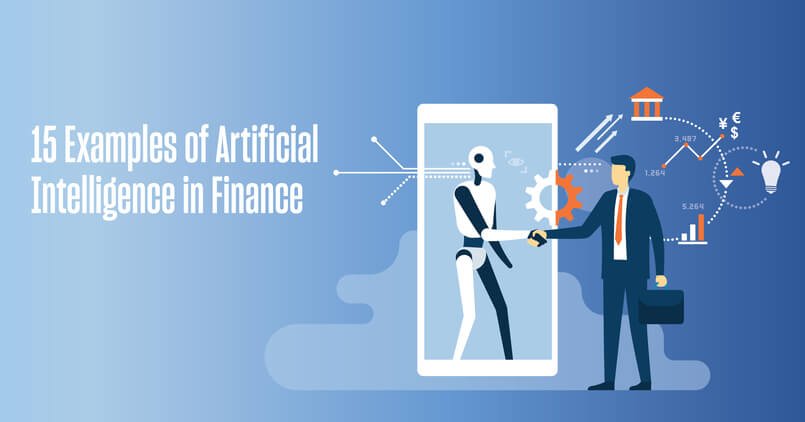AI Trading – Efficiency vs. Ethics in the World of Finance
AI trading, or algorithmic trading, has become increasingly popular recently thanks to its capacity to handle enormous data sets, recognize patterns, and execute trades swiftly. The main benefit of AI trading lies in its capability to analyze extensive data in real time. Unlike human traders, who are constrained by cognitive limitations and emotional biases, AI algorithms rapidly detect patterns, trends, and market irregularities. By leveraging machine learning and deep learning techniques, AI trading systems continuously learn and adapt to changing market conditions, making more accurate predictions and executing trades with greater precision.
Moreover, AI trading eliminates the need for human intervention, reducing the likelihood of errors and emotional decision-making. Algorithmic trading systems can operate 24/7, taking advantage of market opportunities around the clock. This increased efficiency translates into higher trading volumes, reduced transaction costs, and potentially higher investor returns. The speed at which AI trading systems execute trades is another significant advantage. AI algorithms analyze market data, generate trading signals, and execute trades in a matter of microseconds, giving them a competitive edge over human traders. This high-frequency trading capability allows AI systems to capitalize on short-term price movements and exploit market inefficiencies.
Ethical concerns surrounding AI trading
While the efficiency of AI trading is undeniable, it also raises several ethical concerns. The primary issue is the potential for market manipulation. The quantum ai canada algorithms are programmed to engage in predatory trading practices, such as spoofing or layering, which involve placing and cancelling orders to create a false sense of market demand or supply. These manipulative strategies distort market prices and undermine the integrity of financial markets.
The complex algorithms that power these systems are often proprietary and opaque, making it difficult for regulators and market participants to understand how they operate. This lack of transparency can lead to a concentration of power in the hands of a few large firms that possess advanced AI capabilities, potentially creating an uneven playing field and eroding public trust in financial markets. If multiple AI algorithms are programmed to react to similar market signals or events, it leads to a herd mentality and exacerbates market volatility. In extreme cases, this results in flash crashes, where markets experience sudden and severe price movements due to the synchronized actions of AI trading systems.
The ethical implications of job displacement also cannot be overlooked. As AI trading becomes more prevalent, it may lead to the automation of specific roles in the financial industry, potentially putting human traders and analysts out of work. While some argue that AI will create new job opportunities, the transition period is difficult for those whose livelihoods are disrupted by technological advancements.
Balancing efficiency and ethics
To address the ethical concerns surrounding AI trading, it is crucial to balance efficiency and responsible innovation. Regulators and policymakers have a vital role in establishing guidelines and oversight mechanisms to ensure the integrity and fairness of financial markets in the era of AI trading.
- One approach is to promote greater transparency and explain ability in AI trading systems. Firms employing AI algorithms should be required to explain how their systems operate, the data they use, and the safeguards to prevent market manipulation. This increased transparency can help build public trust and enable regulators to identify and address potential risks.
- The next consideration is the development of ethical frameworks and guidelines for AI trading. These frameworks should prioritize fairness, accountability, and protecting investor interests. By establishing clear moral standards, the financial industry ensures that AI trading systems are designed and deployed responsibly, minimizing the potential for unintended consequences.
Collaboration between the financial industry and academic institutions is essential to address the challenges posed by AI trading. By fostering open dialogue and knowledge sharing, stakeholders work together to develop best practices and promote responsible innovation in AI trading.





